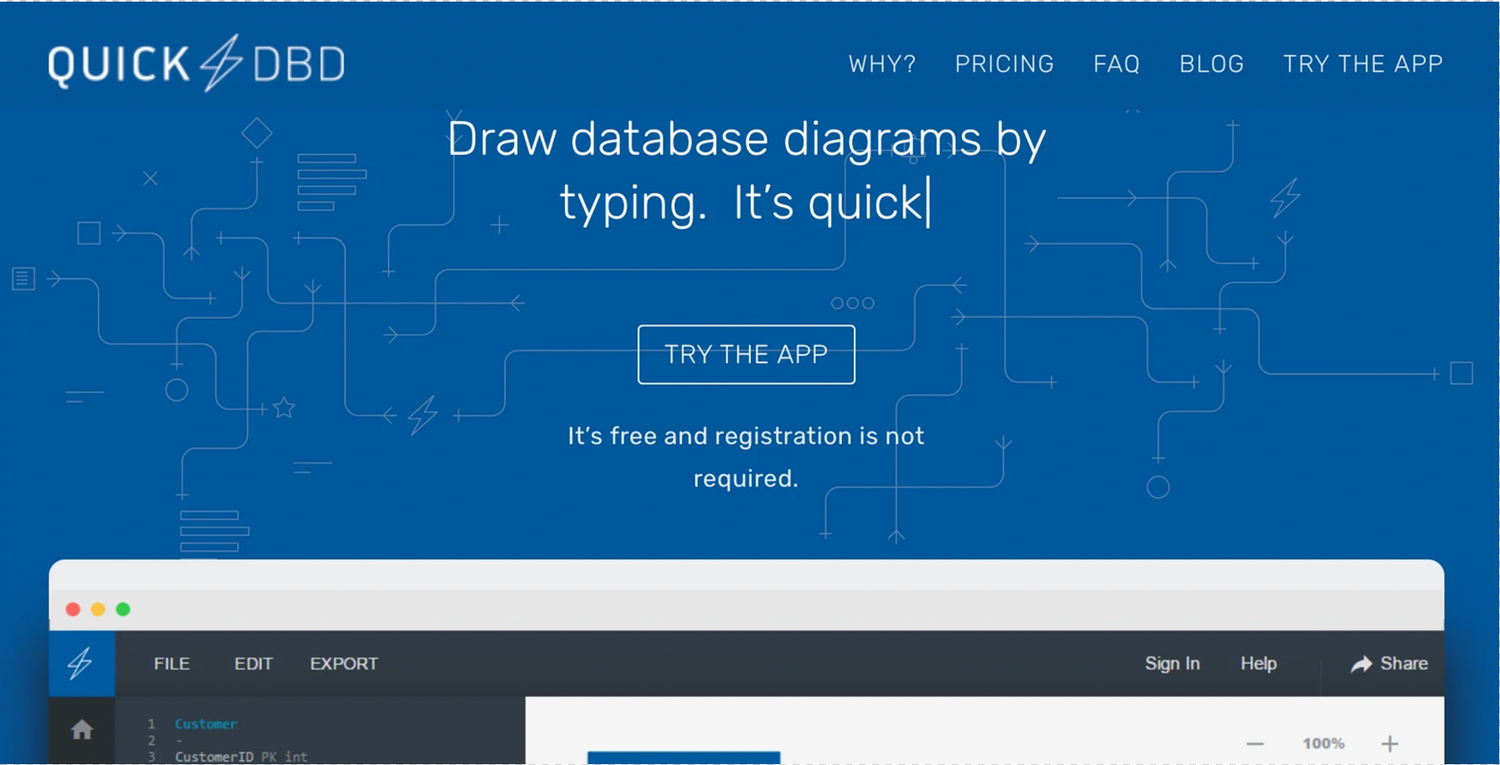As discussed in our previous blog post, 10 Common Small Business Mistakes to Avoid - Part 1, it requires a lot of patience and dedication to get a business up and running.
There are many tasks to oversee, and the initial five years are crucial to determine the success or failure of your new venture. In the process, entrepreneurs of all types make mistakes they can avoid.
What are these mistakes? Keep reading to find out!
1. Hiring Too Soon or Not Fast Enough
In our previous blog post, we emphasized how small business owners tend to do everything themselves, and that’s a big mistake on their part.
However, this point focuses on the other side of it: hiring too soon. Small businesses have limited liquidity, and giving out salaries can negatively impact the cash flow.
It's crucial to hire talent at the right time when the workload requires more than one person, and you have enough capacity to pay your employees comfortably.
We know, we know. This is not helpful because it provides little specifics, but that is because it is specific to your company's current status.
Just make sure when you hire someone, they will pay for themselves in some fashion in either alleviating tasks so you can scale the company in other ways or they are a part of your sales team growing your revenue.
2. Not Tracking Your Expenses
Keeping track of your accounting and records is integral to the success of a business in the long term. Failure to do so exposes your business to repercussions, such as losing money, not knowing where it went, late bill payments, etc.
Moreover, inefficient accounting affects the future financial plan, not to mention the difficulties you’ll face during the tax season when you need to have your accounts in order.
Ensure you get accounting software like Quickbooks, Freshbooks, or similar. Or hire an accountant for a couple of hundred dollars a month.
3. Undervaluing Your Product
Pricing your products/services low may seem like a great strategy to undercut your competition. While it does work, it has limitations.
By undervaluing your product too much, you ultimately plant doubt in your customers’ minds: Why is this product so cheap?
Furthermore, you'll lose out on profit by underselling your products. However, lower margins would be okay if you could sell in high bulk since you would make it up in volume. A better tactic would be to set your price and have a sale, but only have deals sometimes.
If it seems like we are all over the place, we are not. This is a back-and-forth dance determining the best way to run your company.
4. Overvaluing Your Product
While undervaluing your products too much can be detrimental, overvaluing them can be more problematic. Doing so puts you at a competitive disadvantage; customers will likely purchase from brands that offer similar products at lower prices.
See what we're dealing with here? Pricing is a delicate decision and should be made after extensive market research and deliberation.
If you price high, your brand should feel more luxurious and have outstanding customer service.
5. Ignoring Customer Service
Customer service is not optional. Lousy customer service will ruin your reputation, and you will lose customers.
You need to ensure you have a way for customers to contact you. You should have a chat feature or, at minimum, email. The chat could be like a Facebook Business Page where you can answer anytime. Respond within minutes to 24 hours and follow up with customer service issues.
6. Overpromising and Underdelivering
Another way to damage your reputation is by making promises you can't keep.
It may seem like everything's possible for new entrepreneurs, but that's not the case. Things are bound to change due to circumstances.
Failure to deliver on your promises will affect your credibility, which means you stand to lose clients who can easily switch to your competitor's products/services.
7. Not Having a Personal Life
Many entrepreneurs throw themselves into their work. While the dedication is admirable, we don't recommend forgoing your personal life.
Not being able to separate your personal life from work will ultimately lead to burnout and dissatisfaction, affecting your work and business in the long run.
8. Not Having a Marketing Strategy
We touched upon the absolute importance of marketing in our previous blog, What Is A Customer Target Market And How To Find It, and will repeat it here: YOU...CAN...NOT...SKIP...MARKETING!
For marketing to be effective, there needs to be an appropriate marketing strategy in place.
The marketing strategy should suit your target market, geographical location, budget, products/services, etc. Check out our marketing blogs by searching the keyword MARKETING.
9. Too Many Discounts and Coupons
Yes, discounts and coupons are among the best ways to attract new customers. However, too much of anything is not good, as with businesses continuously giving discounts and coupons.
Customers can become suspicious that your business isn't doing well, so you're trying to sell your products through lower prices and offers. That's different from the image any business owner wants to present to their customers.
That will also affect your profits as customers wait for discounts and promotions instead of purchasing from you at regular rates.
10. Not Setting Up a Business Structure
We saved this one for last because it's one of the biggest mistakes entrepreneurs can make.
Your business structure decides your tax payable and what paperwork you should have to meet tax requirements. It also affects your cash flow and whether or not your personal assets are at risk in case of business failure.
Neglecting this could create problems for you later on. For example, handling tax-related matters at the last moment can be stressful, to say the least.
The first step towards choosing an appropriate business structure is to consult legal professionals who can guide you through the process as it’s their area of expertise. However, there are a few questions you can ask yourself as a business owner: Are you comfortable with administrative complexity? Are you okay with your personal assets being at risk? Moreover, how do you want to be taxed?
To learn more about different types of business structures, check out our blog, How to Structure Your Small Business: Sole Proprietorship vs. Partnership vs. LLC.
Final Thoughts
As a budding entrepreneur, mistakes are inevitable. However, it is important to learn from those mistakes and don’t repeat them. And, of course, you can use our lists to avoid the common mistakes every business owner typically makes.
Learn more about starting your own small business in our business-related blog!



